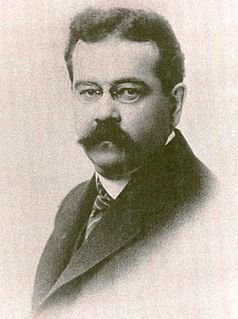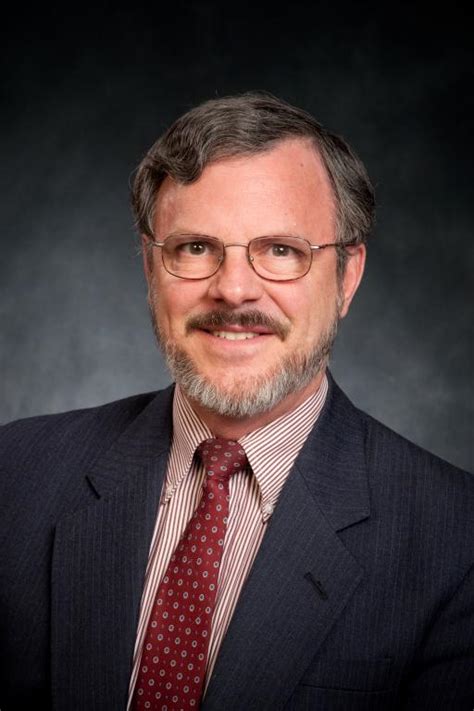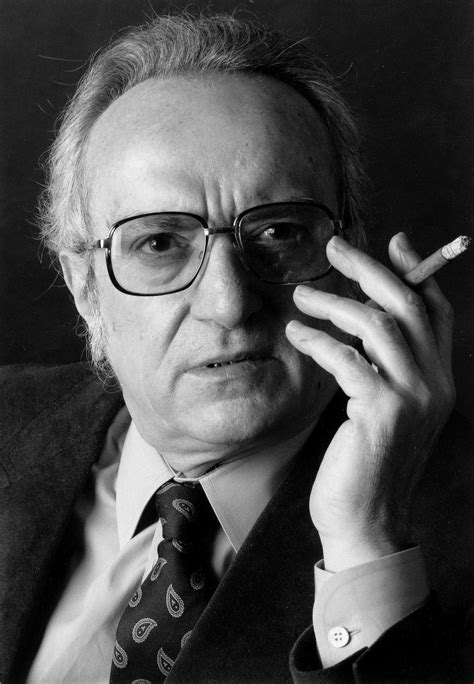A Quote by Ambrose Bierce
In theology, the state of a luckless mortal prenatally damned. The doctrine of reprobation was taught by Calvin, whose joy in it was somewhat marred by the sad sincerity of his conviction that although some are foredoomed to perdition, others are predestined to salvation.
Related Quotes
If you can impress any man with an absorbing conviction of the supreme importance of some moral or religious doctrine; if you can make him believe that those who reject that doctrine are doomed to eternal perdition; if you then give that man power, and by means of his ignorance blind him to the ulterior consequences of his own act,-he will infallibly persecute those who deny his doctrine.
For the uninitiated, 'Calvin and Hobbes' is a daily comic strip detailing the antics of an unruly six-year-old and his misanthropic stuffed tiger. The boy, whose vocabulary is packed with more 10-dollar words than a GRE flashcard set, is named after John Calvin, the Reformation-era theologian who preached the doctrine of predestination.
It is inconceivable that the God who gives Himself in His Son to save us, should have created some people ordained to evil and damnation. There can only be one predestination to salvation. In and through Jesus Christ all people are predestined to be saved. Our free choice is ruled out in this regard. God wants free people, except in relation to this last and definitive decision. We are not free to decide and choose to be damned.
No more soul-destroying doctrine could well be devised than the doctrine that sinners can regenerate themselves, and repent and believe just when they please...As it is a truth both of Scripture and of experience that the unrenewed man can do nothing of himself to secure his salvation, it is essential that he should be brought to practical conviction of that truth. When thus convinced, and not before, he seeks help from the only source whence it can be obtained.
The Reverend Douglas Wilson may not be a professional historian, as his detractors say, but he has a strong grasp of the essentials of the history of slavery and its relation to Christian doctrine. Indeed, sad to say, his grasp is a great deal stronger than that of most professors of American history, whose distortions and trivializations disgrace our college classrooms. And the Reverend Mr. Wilson is a fighter, especially effective in defense of Christianity against those who try to turn Jesus' way of salvation into pseudo-moralistic drivel.
You can't compare us, but I do think that Calvin Klein influenced his way of working. Calvin created this whole aesthetic with imagery - the whole sex thing. I can see that Calvin influence on his work. What Calvin has created is untouchable. My legacy, whatever it is I'm doing here, is miniscule compared to what he has done. It's just like an update deal.
































